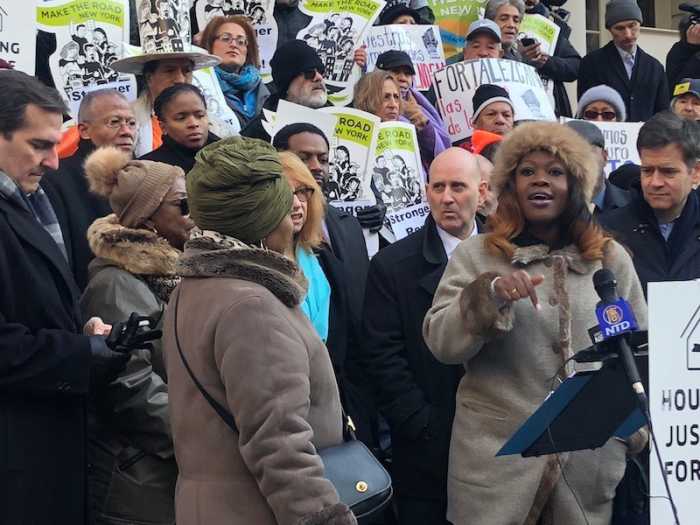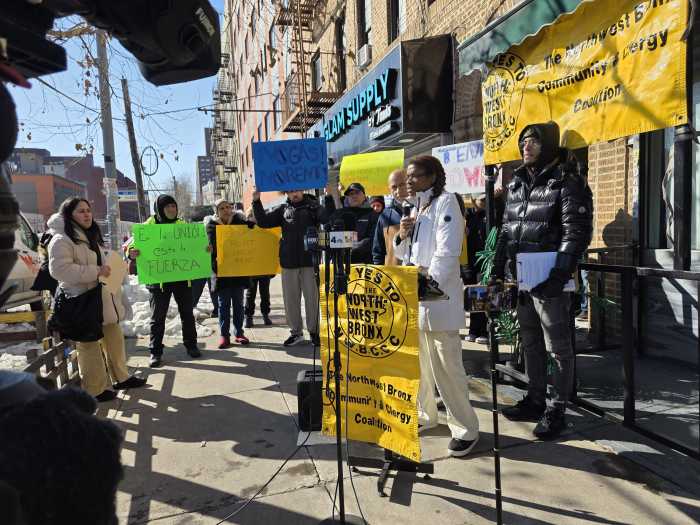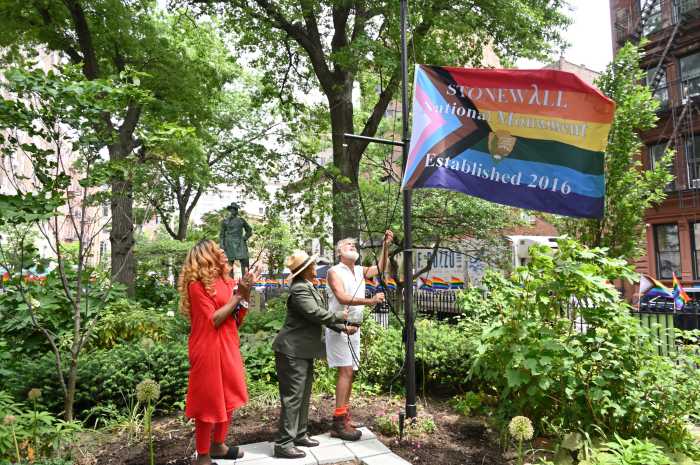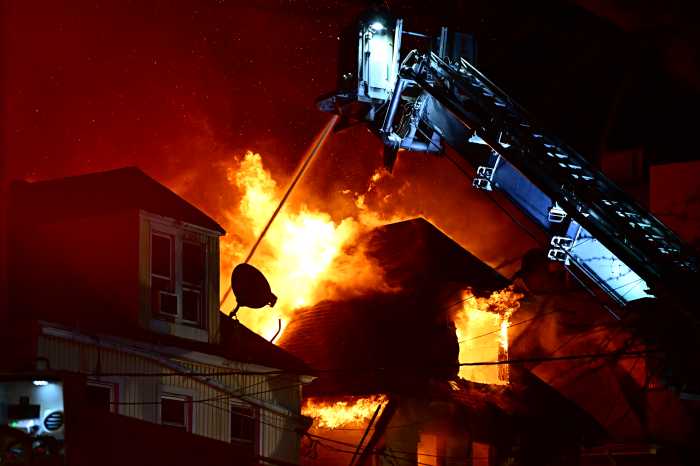When can New Yorkers expect to purchase recreational cannabis from retail outlets? The answer is worth millions of dollars in state tax revenue, much of it earmarked for social investment in underserved communities hit hardest by cannabis prohibition. While no official date has been set, the wheels are finally in motion nearly a year after New York became the 18th state to legalize recreational, also known as adult-use, cannabis under the 2021 Marijuana Regulation and Taxation Act (MRTA). Majority Leader Crystal Peoples-Stokes (D-Buffalo), who sponsored the legislation in the State Assembly, considers it “the nation’s most comprehensive, equitable, and restorative adult-use cannabis law.”
The New York State Office of Cannabis Management (OCM), established by the MRTA and under the purview of the executive branch, says they expect to release adult-use regulations in the first quarter of this year as they continue to weigh critical elements that will determine when actual retail sales begin. Despite the uncertainty surrounding the timeline, however, the OCM has made significant progress in rolling out the MRTA.
In the past three months, the OCM has expanded access to the Medical Cannabis Program, officially launched the Cannabinoid Hemp Program, and has recruited and established a pipeline of top talent to join the rapidly growing Office of Cannabis Management team, said OCM spokesperson Freeman Klopott. “As we head into the New Year,” Klopott says, “we will build on this success and continue to work as fast as possible while also making sure we do it the right way and create equitable opportunity where other states have failed.”
“The goal [is] that fifty percent of licenses be awarded to social and economic equity applicants, and the revenues that will be directed to communities most harmed by the ‘War on Drugs’ will have a real impact and begin to repair those communities harmed. The regulatory and implementation process for the cannabis industry in New York State is developing now in real-time,” said Peoples-Stokes.
Senator Liz Krueger (D-Manhattan), the prime MRTA sponsor in the upper chamber, said she was pleased with the progress that OCM is making toward getting the adult-use recreational market up and running, but there have also been undeniable challenges. “We’ve had to play catch-up because of the foot-dragging of the previous administration,” Senator Krueger admits. “But I have confidence in the staff and leadership at OCM to get us where we need to be.”
The road to legalizing adult-use cannabis in New York began with the 2014 Compassionate Care Act, which authorized the regulated use of medical marijuana. After the law’s passage, medical marijuana dispensaries gradually opened their doors, and eligible New Yorkers registered with the state and began experiencing the benefits of medical cannabis. Only a few years later, in 2018, former Governor Andrew Cuomo was already advocating for research to be conducted on the benefits and consequences, both social and economic, of legalizing marijuana for recreational use.
While 2019 saw significant progress toward decriminalization, with fines replacing criminal charges and prison sentences for marijuana possession, the regulatory and tax framework for recreational marijuana could not be agreed upon and was shelved. Further interruptions, most notably from the COVID-19 pandemic, again prevented the legislation from passing in 2020. Finally, on March 30, 2021, the New York State Assembly and Senate passed the MRTA, which Governor Cuomo signed into law the next day.
Almost a year later, cannabis entrepreneurs are still waiting in the wings. Despite the delays, however, many applaud the work of the OCM and are hopeful for the coming year. Khari Edwards, head of corporate social responsibility for Ayr Wellness, believes New York is taking a thoughtful approach to a complex industry. He commended “the Governor’s office, the State Legislature, and the newly created Office of Cannabis Management for taking the time to ensure that New York learns from the growing pains that other states have experienced.”
Edwards also welcomes the attention the state has paid to social equity concerns.
“In many instances, communities affected by the War on Drugs have been an afterthought. In addition, the legislation focused on expunging the records of nonviolent, misdemeanor marijuana convictions was groundbreaking and forward-thinking,” he said.
The MRTA has the potential to create a competitive market that also brings in tax revenue for healthcare, education, and infrastructure programs. The rollout of the legislation may still be underway, but the benefits it will bring to New York residents will be worth the wait.









